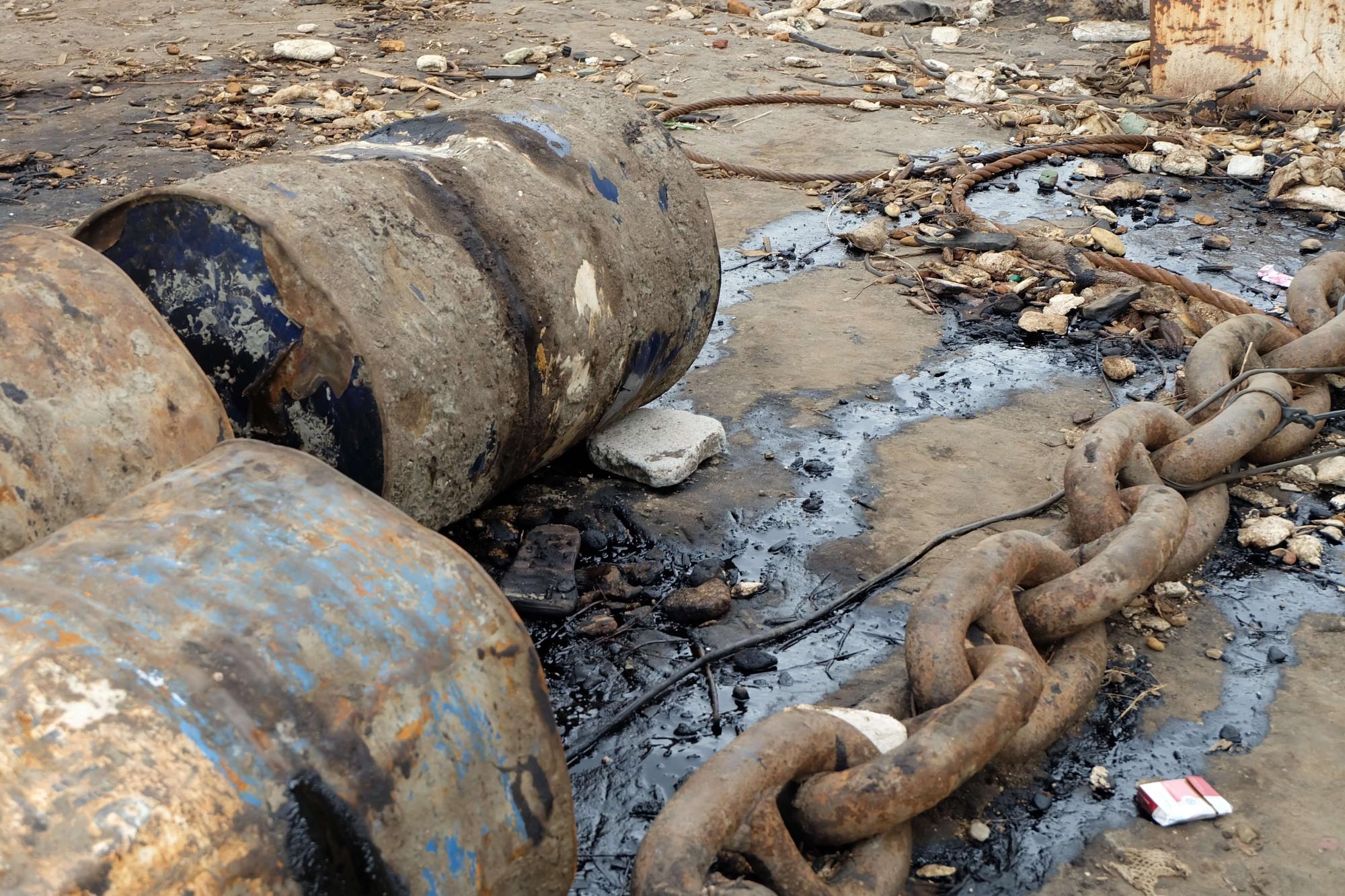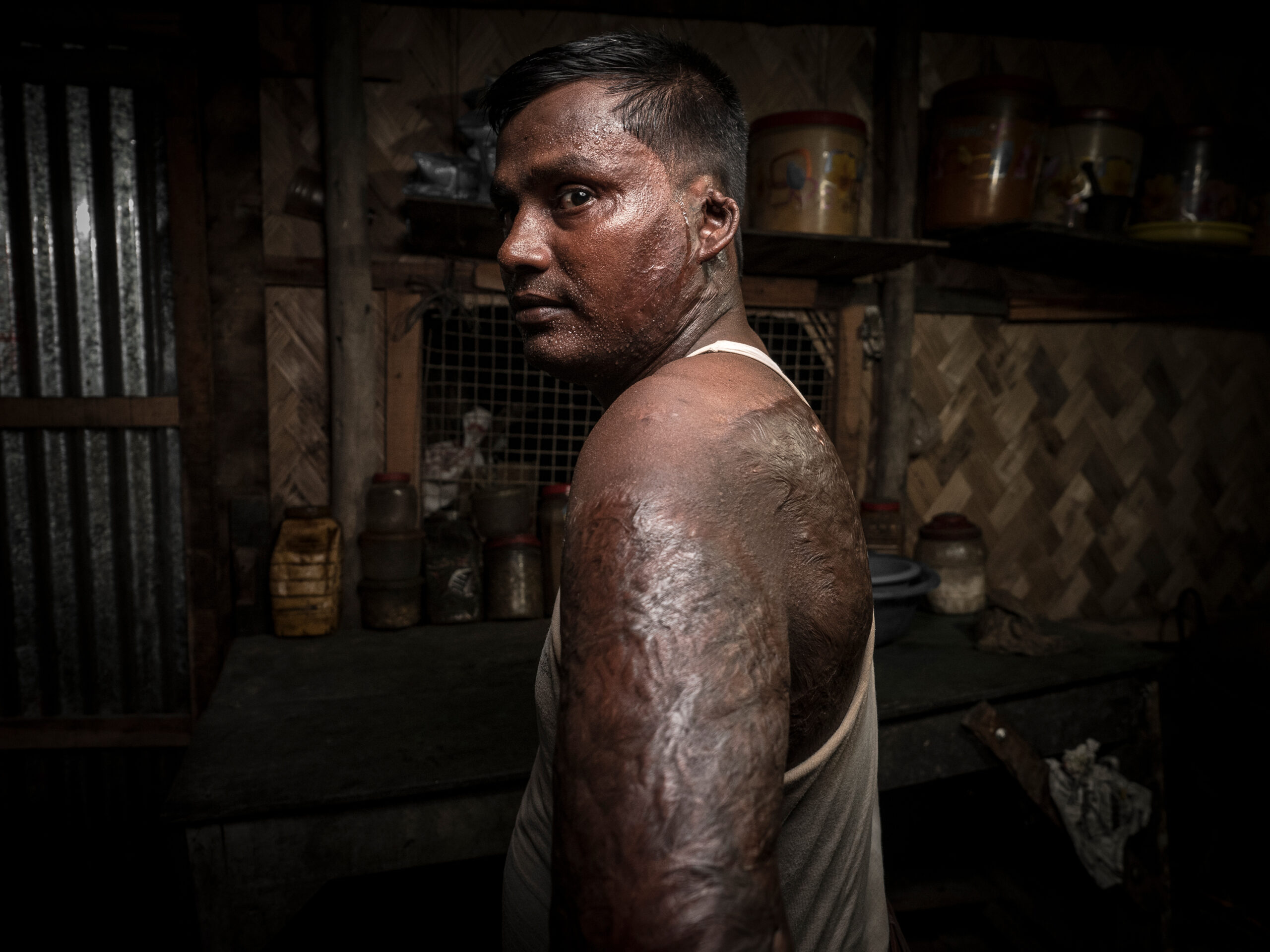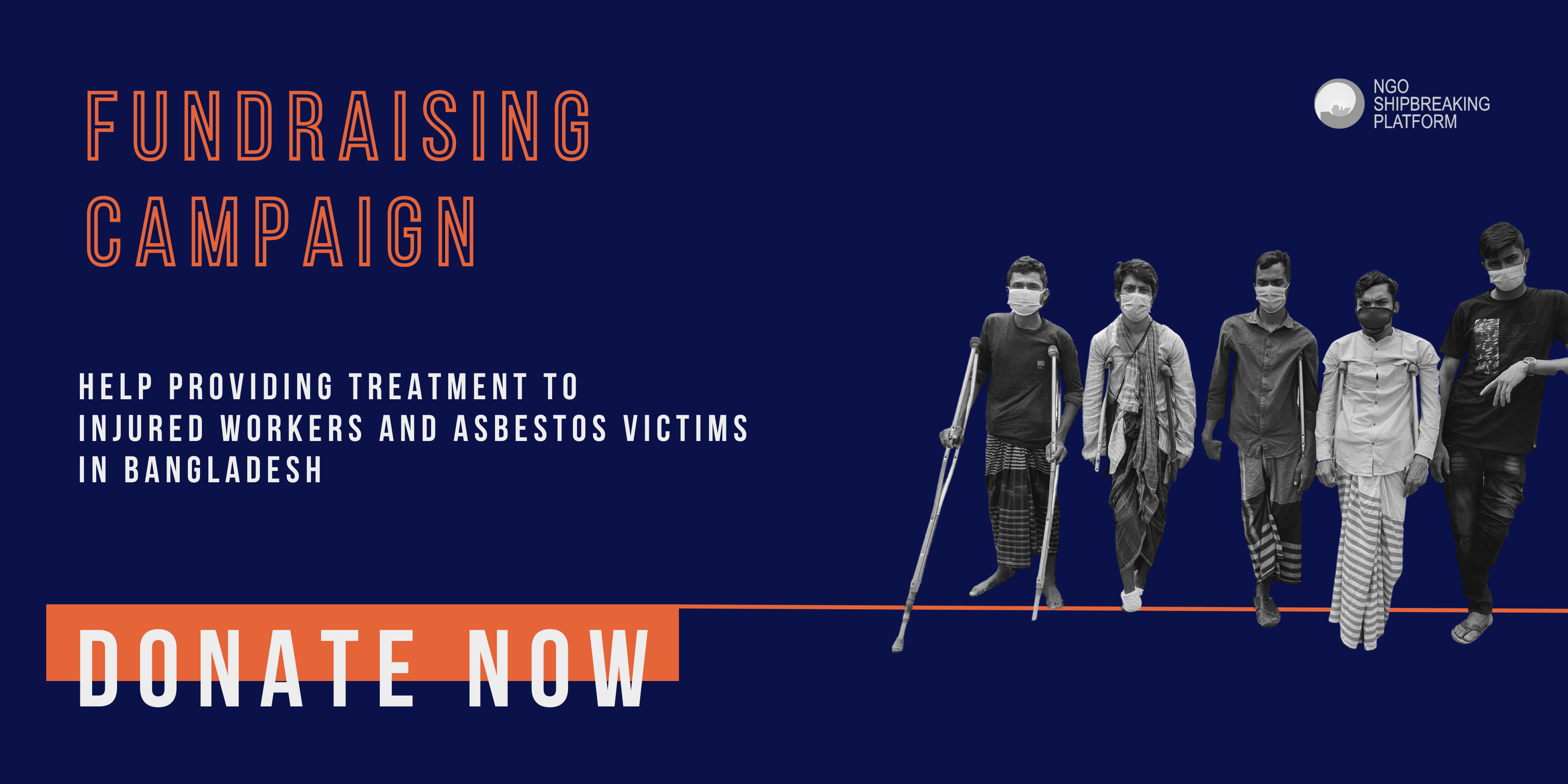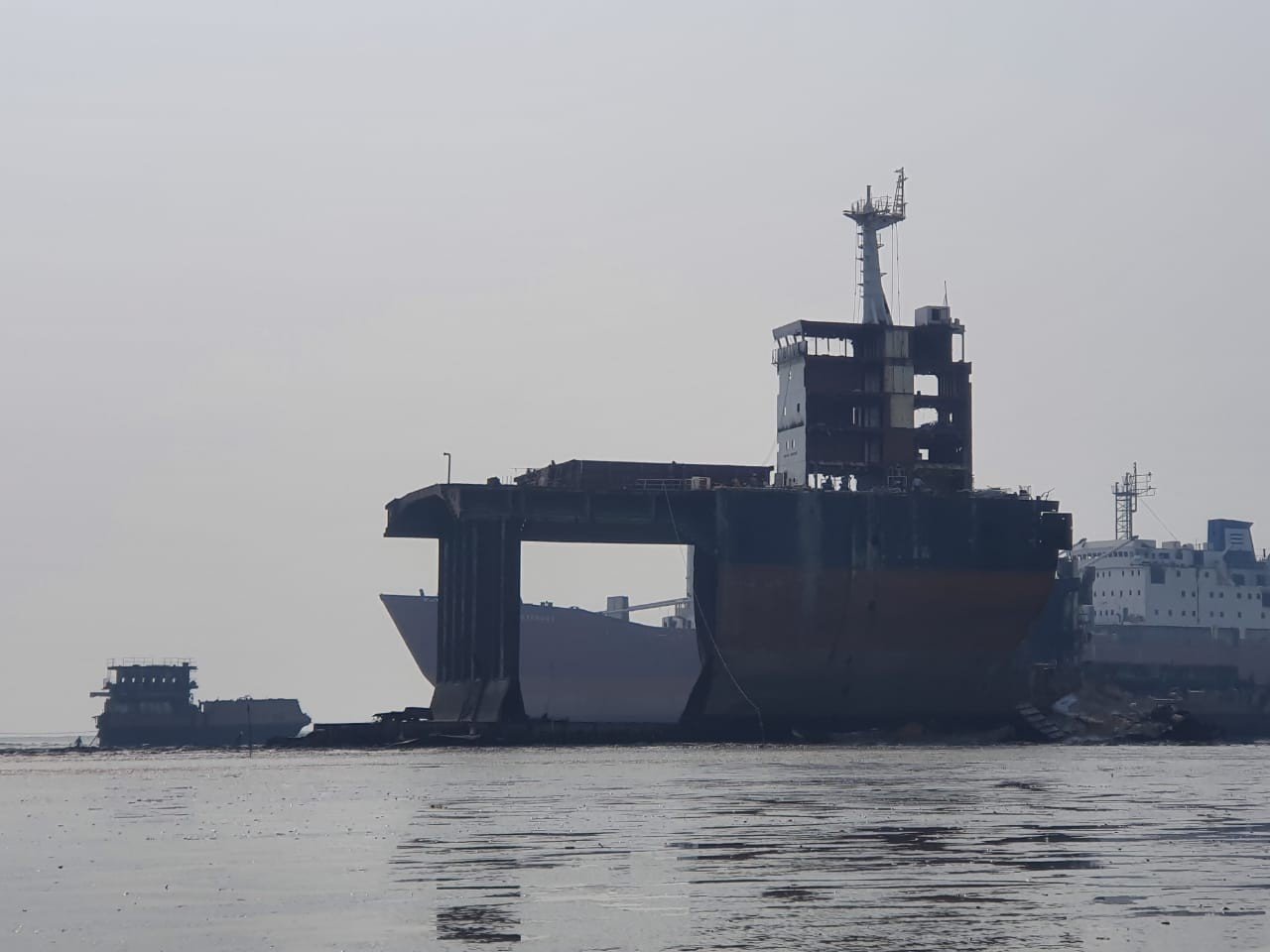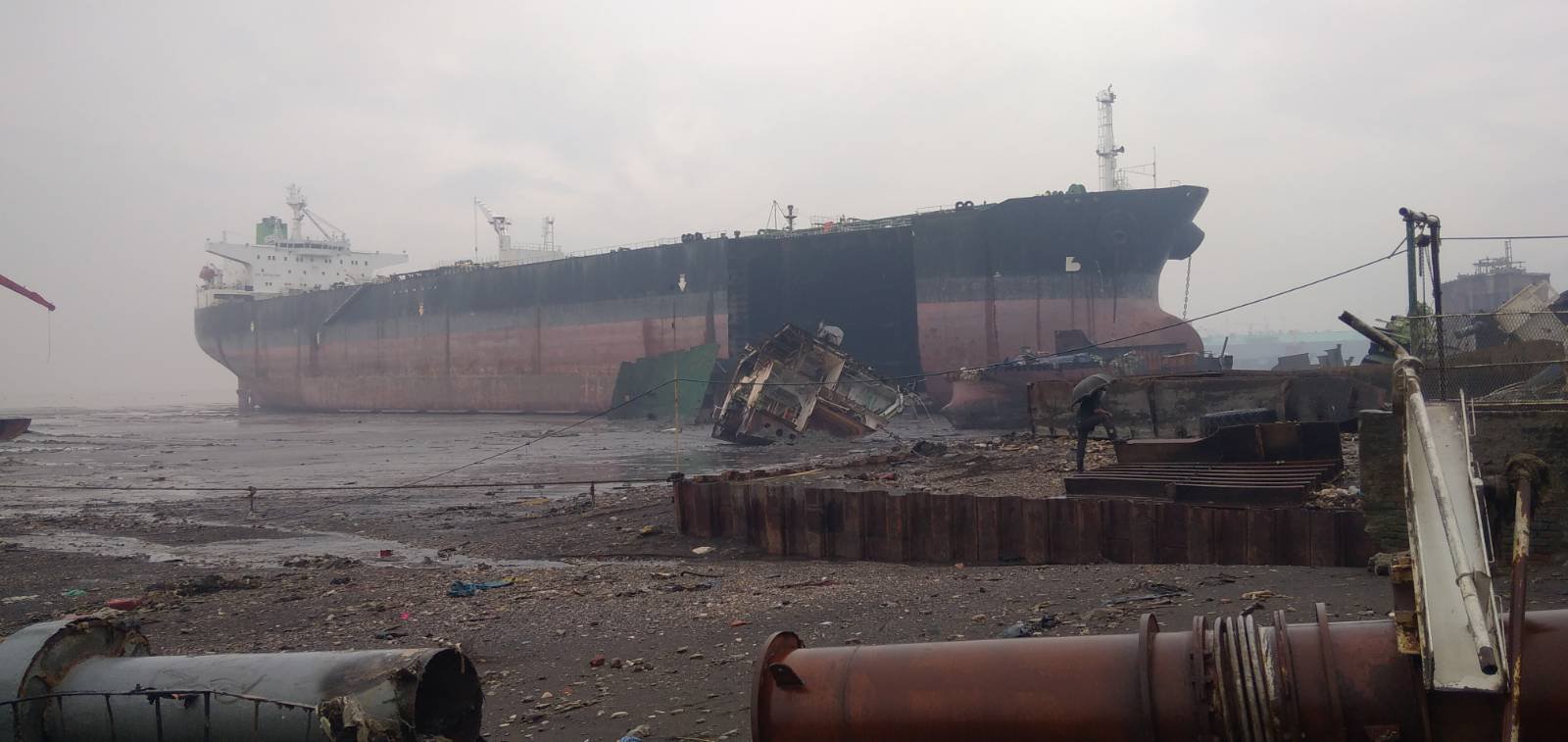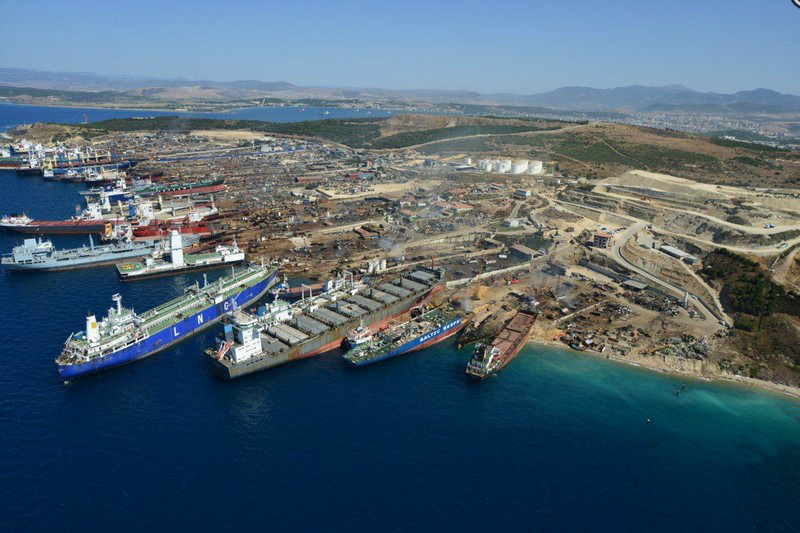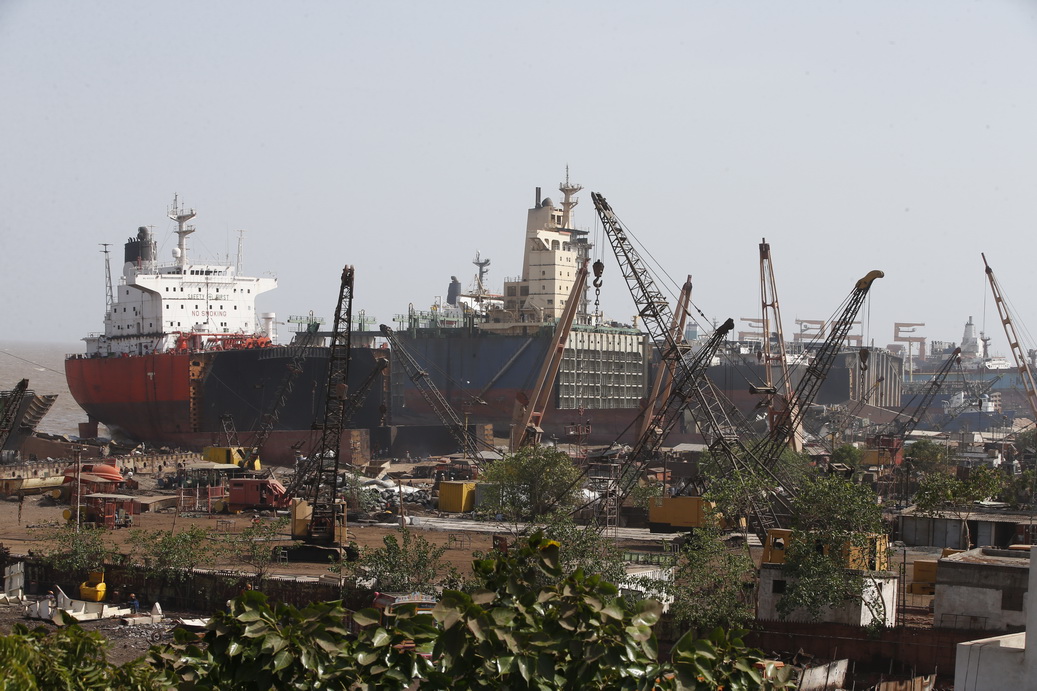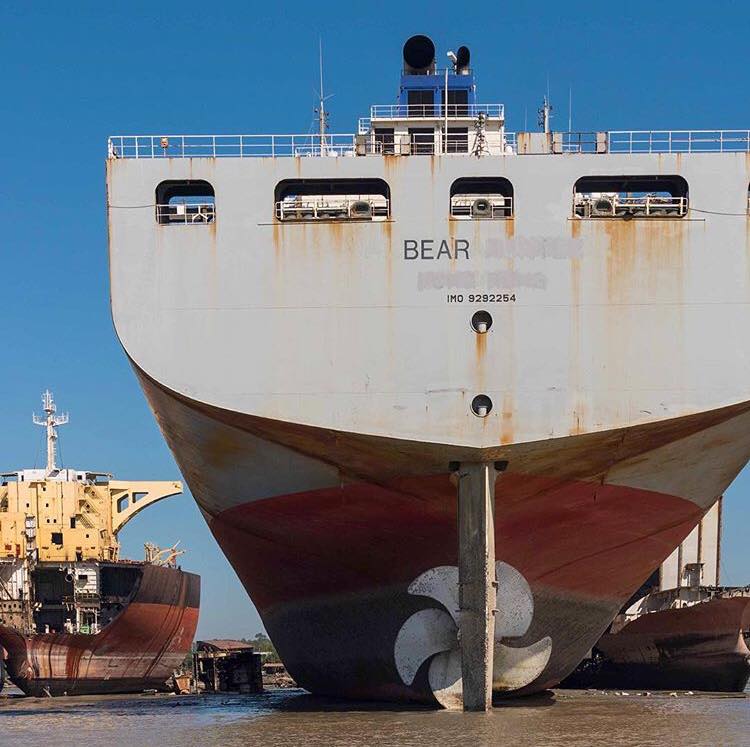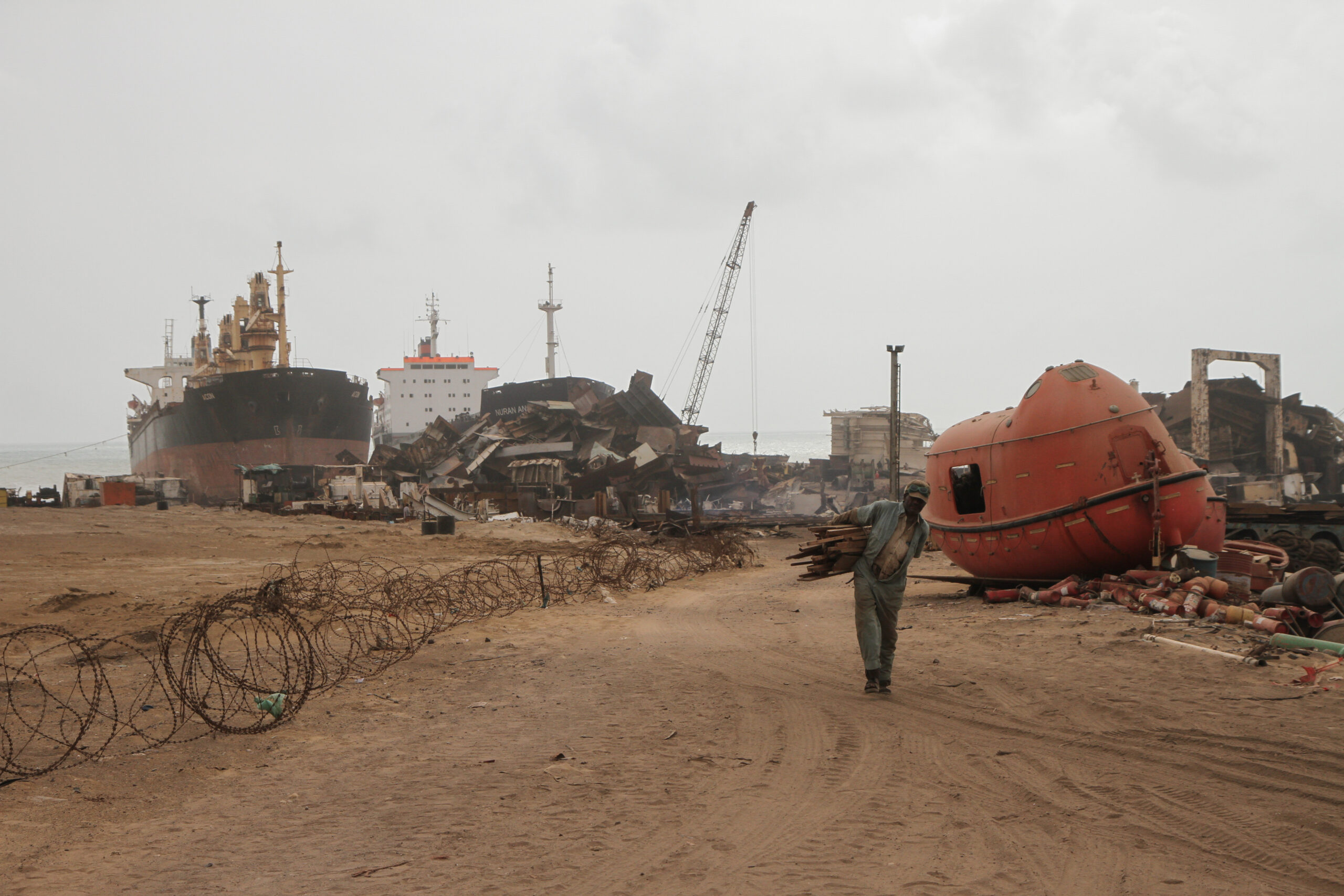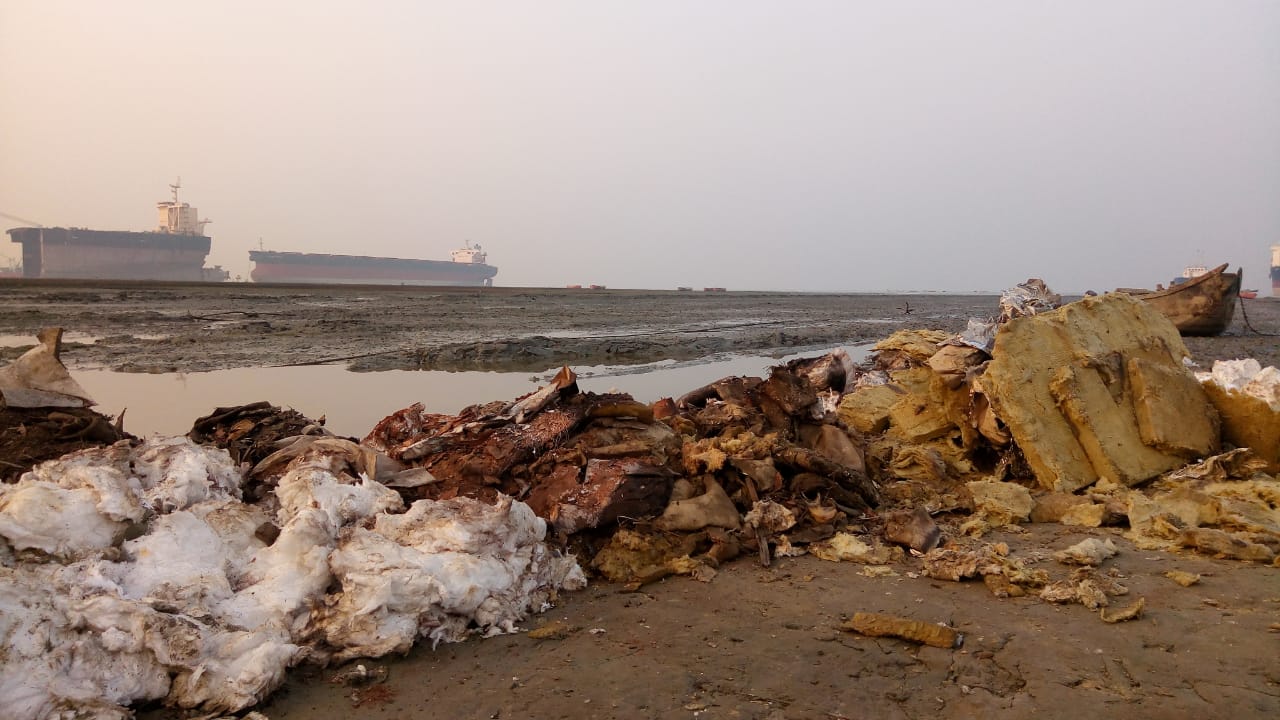In the last weeks, seven workers tragically died while dismantling vessels in Bangladesh and Turkey.
Five workers were killed and three severely injured in seven separate accidents on the infamous shipbreaking beach of Chattogram, Bangladesh. The fatalities were caused by explosions, falls from height, falling steel plates and exposure to toxic fumes.
On 12 August, an iron piece fell injuring Alim, a cutter man who was dismantling the FSO DARING LIBREVILLE (IMO 9002623) at Mother Steel shipbreaking yard. The vessel was owned by Thai shipping company Nathalin Co Ltd. A month later, on 14 September, an explosion of an oxygen cylinder killed another worker at the same yard onboard the same unit.
On 19 August, Rakib fatally fell from another FSO, the ENERGY STAR (IMO 9118393), owned by Thai shipping company Prima Marine PCL.
On 20 and 21 August, two accidents happened at S.R.S Ship Breakers onboard the ship TABERNACLE PRINCE (IMO 8400579), owned by Sri Lankan company Tokyo Cement Co Lanka. The workers, Dahranjan Tripura and Dhonesshor Tripura, died after having inhaled toxic fumes. Dahranjan died on the spot during an illegal night shift, whilst his relative Dhonesshor died at the hospital a day after the second accident took place.
On 23 August, Roshed and Md. Biplob received severe burn injuries at Arefin Enterprise while cutting a pipe inside the MAX MORON (IMO 9138616), owned by Greek ship owner Tide Line Inc.
On 24 August, Mohammed Ali lost his life while dismantling the Hong Kong-owned vessel HUA JIAN 107 (IMO 8421298).
The terrible sequence of accidents in Chattogram, which increases the yearly death toll dramatically in such a short period of time, not only shows a lack of responsibility by shipping companies as they continue to sell their end-of-life vessels to be broken down under knowingly dangerous conditions, but also a lack of action by the Bangladeshi government to regulate the industry.

